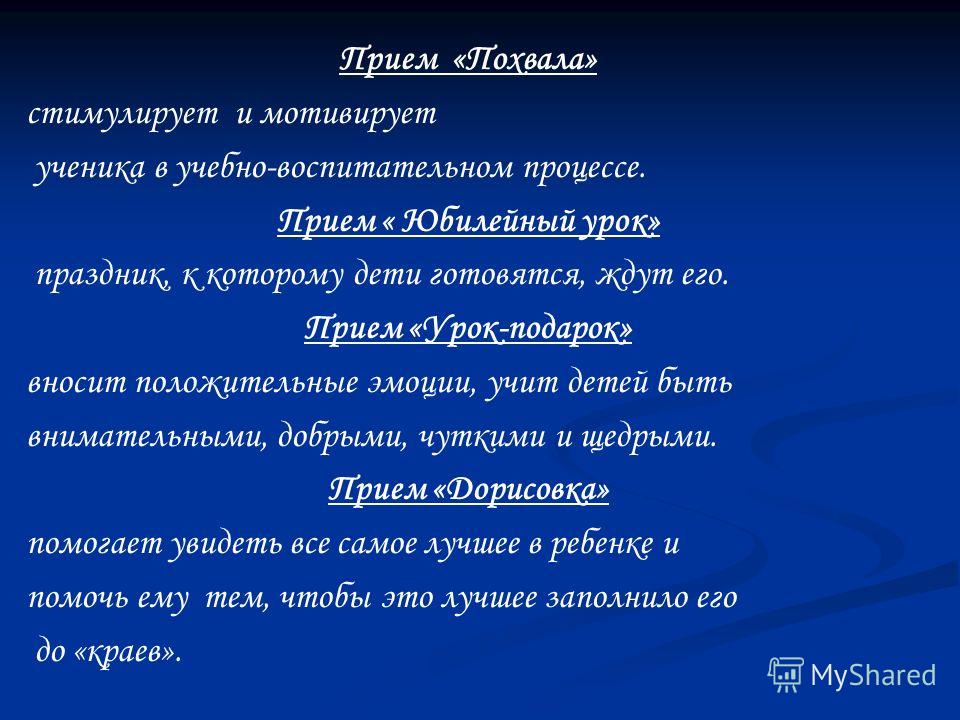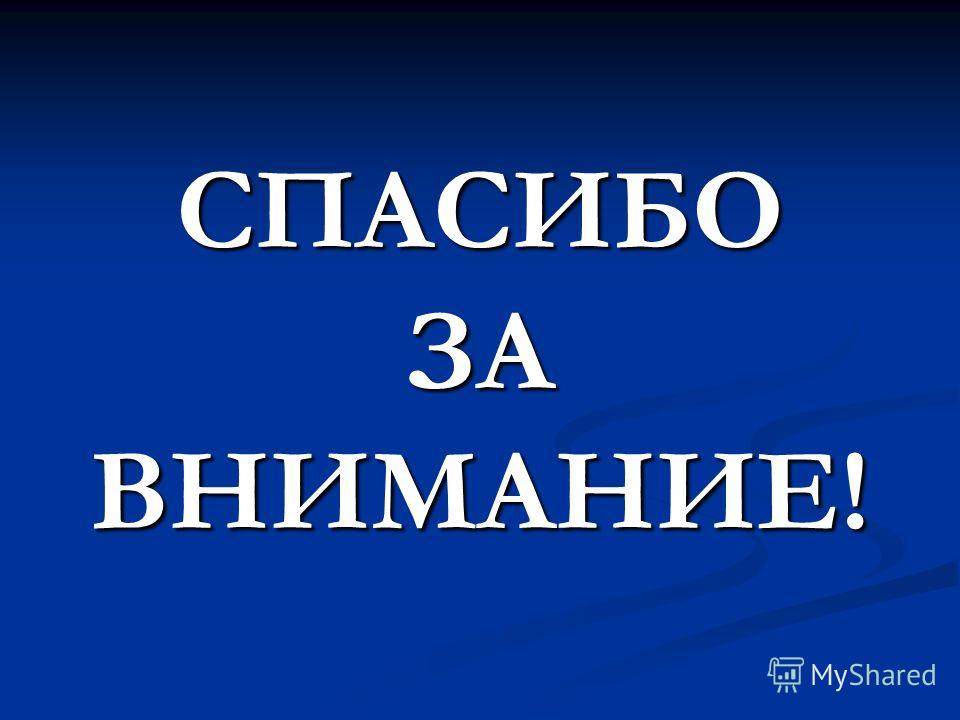Presentation on theme: "ORGANIZATION OF THE SUPPORT SYSTEM FOR CHILDREN WITH BEHAVIORAL PROBLEMS. EFFECTIVE METHODS AND TECHNIQUES." — Transcript:
Tasks: - identifying the causes of deviations in the behavior of children, starting from primary school age and throughout the entire period of schooling; -providing effective assistance to all participants in the educational process through the use of complex methods of psychological correction. Tasks: - identifying the causes of deviations in the behavior of children, starting from primary school age and throughout the entire period of schooling; -providing effective assistance to all participants in the educational process through the use of complex methods of psychological correction.
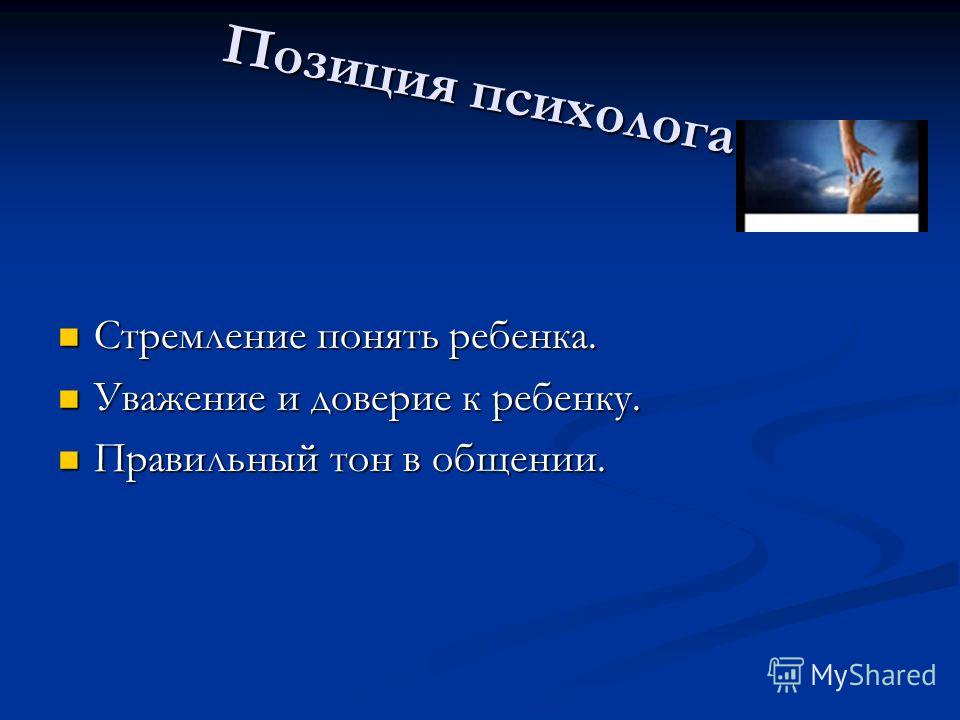
Problems of psychological difficulties in education and training Aggression of students, inadequacy of behavior. Aggression of students, inappropriate behavior. Didactogeny (shifts in the mood of the individual, sometimes reaching a painful state, caused by the insensitive action of the teacher. These states can be maintained for a long time and give rise to serious conflicts). Didactogeny (shifts in the mood of the individual, sometimes reaching a painful state, caused by the insensitive action of the teacher. These states can be maintained for a long time and give rise to serious conflicts).
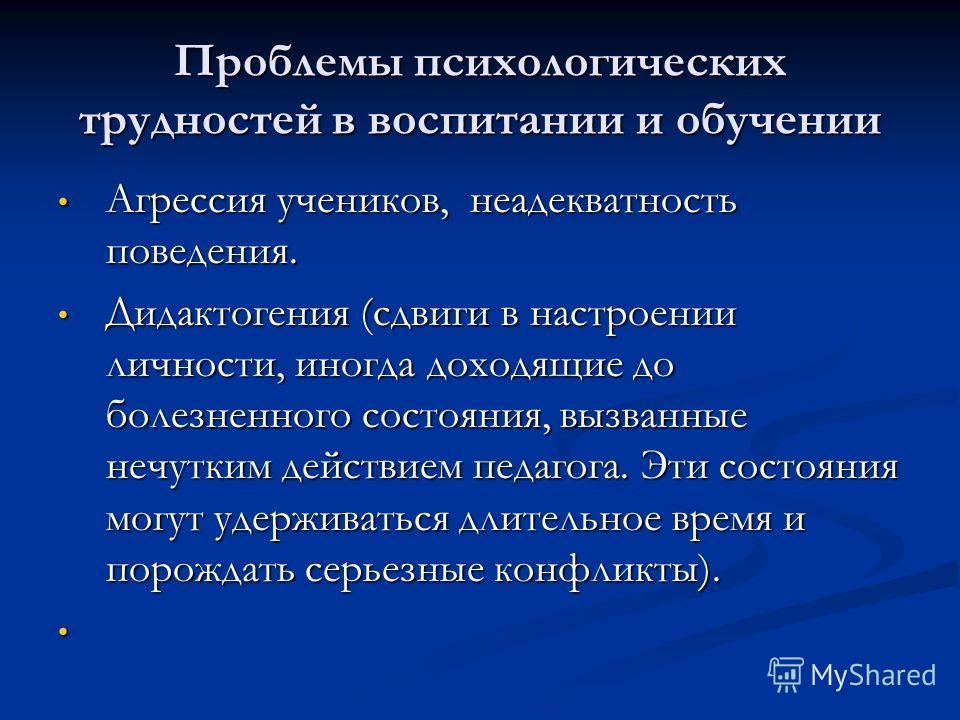
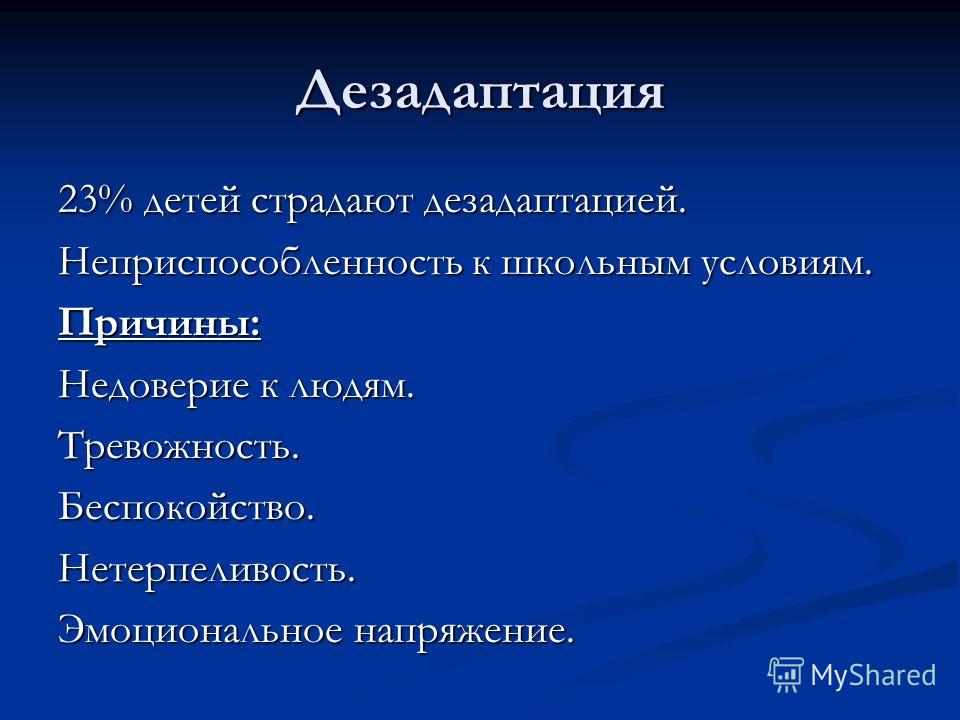
Causes of inappropriate behavior The reasons may be the student's personality traits: aggressiveness, shyness, dynamism, impulsiveness, anxiety, impaired interpersonal interaction. aggressiveness, shyness, dynamism, impulsivity, anxiety, violation of interpersonal interaction.
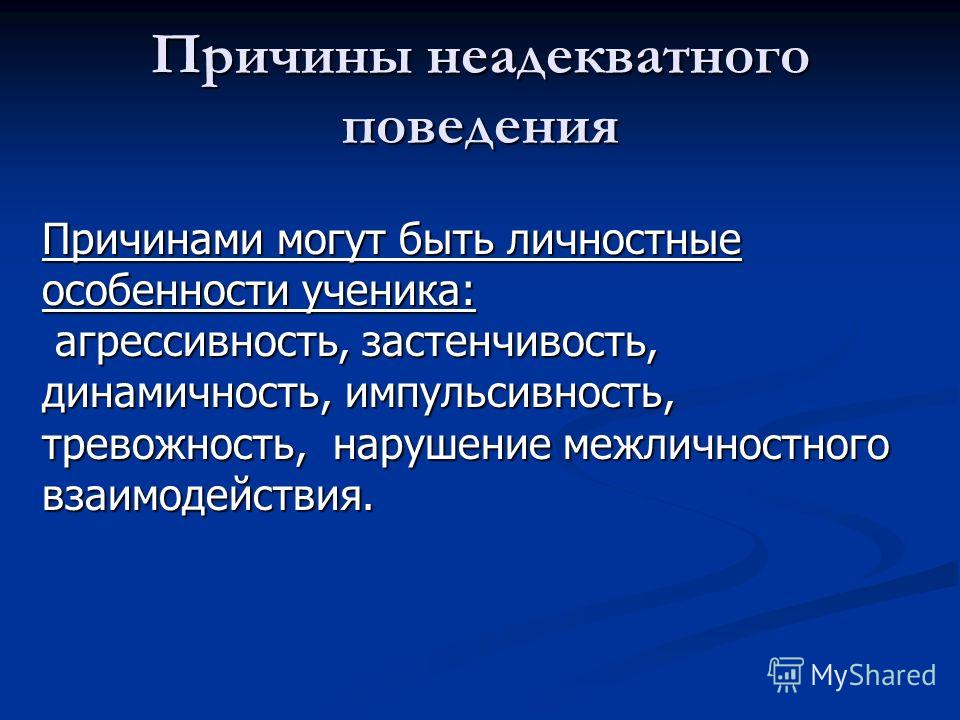
Other reasons: -lack of unity of views among parents on the upbringing of children; -lack of consistency in requirements; -lack of consistency in requirements; - overprotective parenting -violation of pedagogical tact by teachers (irritable tone, insulting remarks, unequal attitude towards students). At primary school age, the child is in great emotional dependence on parents and teachers. At primary school age, the child is in great emotional dependence on parents and teachers.
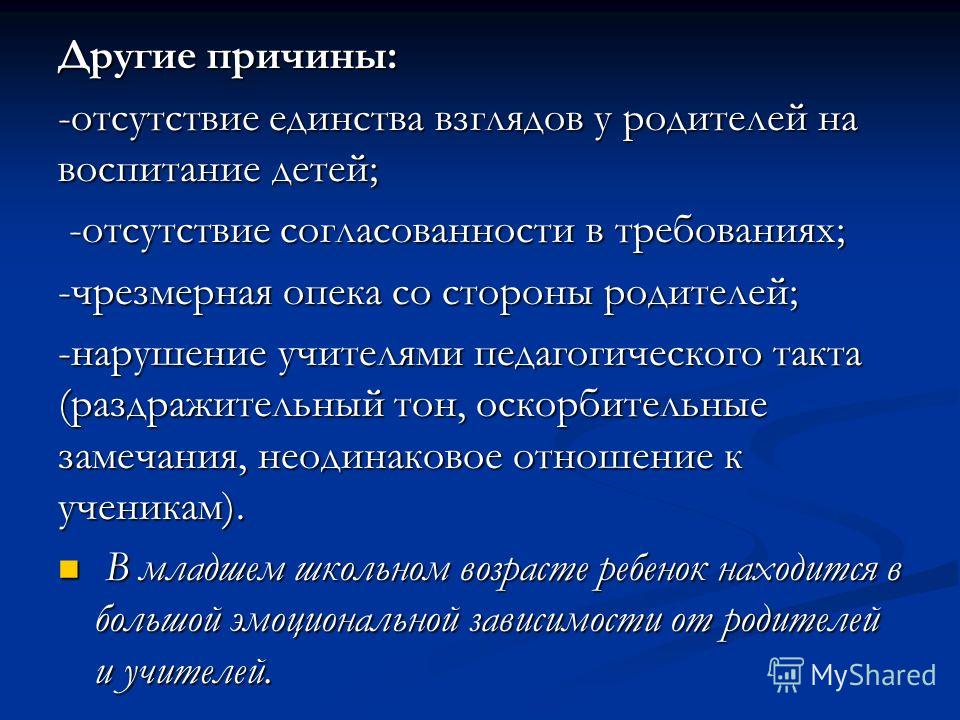
Psychological and pedagogical support of a younger student Psychological and pedagogical support of a younger student with deviant behavior will only be successful if it is carried out on the basis of the interaction of all participants in the educational process and in close contact with a social pedagogue, psychologist, teacher-organizer; be sure to involve parents and other family members. Psychological and pedagogical support of a junior student with deviant behavior will only be successful if it is carried out on the basis of the interaction of all participants in the educational process and in close contact with a social pedagogue, psychologist, teacher-organizer; be sure to involve parents and other family members. The work of a school psychologist should be aimed at the humanization of the pedagogical process, the development of a general culture and culture of communication, empathic understanding as the basis for dialogue with difficult students, an invaluable personal and optimistic attitude of teachers towards them. The work of a school psychologist should be aimed at the humanization of the pedagogical process, the development of a general culture and culture of communication, empathic understanding as the basis for dialogue with difficult students, an invaluable personal and optimistic attitude of teachers towards them.
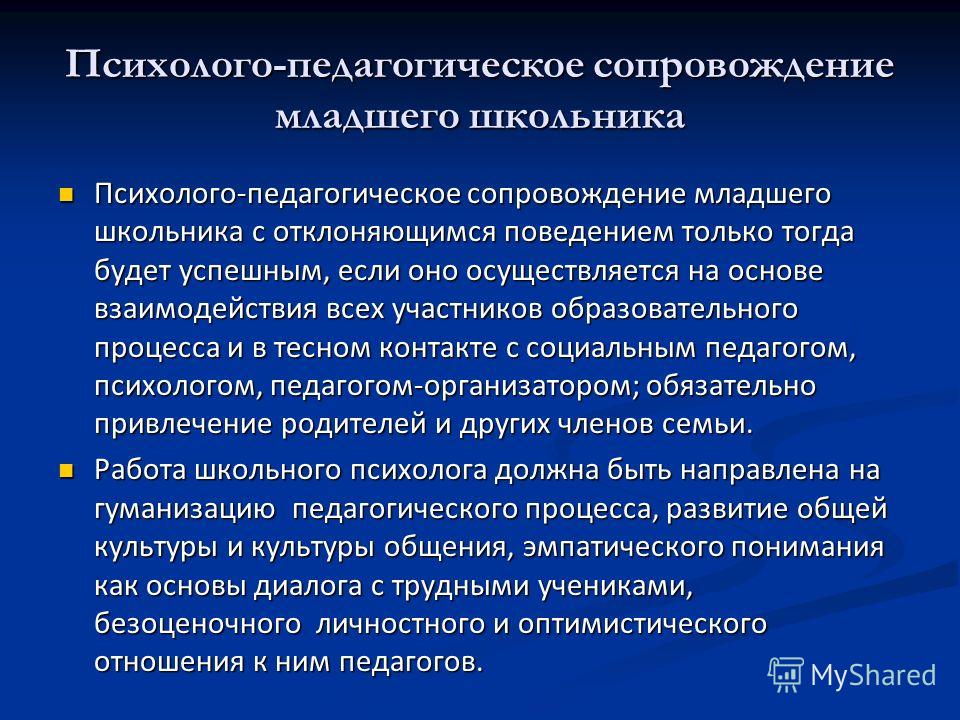
Psychological features that provoke aggression Insufficient development of communication skills. Insufficient development of communication skills. Decreased level of self-regulation. Decreased level of self-regulation. Underdevelopment of educational activity. Underdevelopment of educational activity. Reduced self-esteem. Reduced self-esteem. Aggressive behavior of a child is Aggressive behavior of a child is a kind of sos signal, a cry for help, a kind of sos signal, a cry for help, in which many destructive emotions have accumulated that the child cannot cope with on his own. can handle.
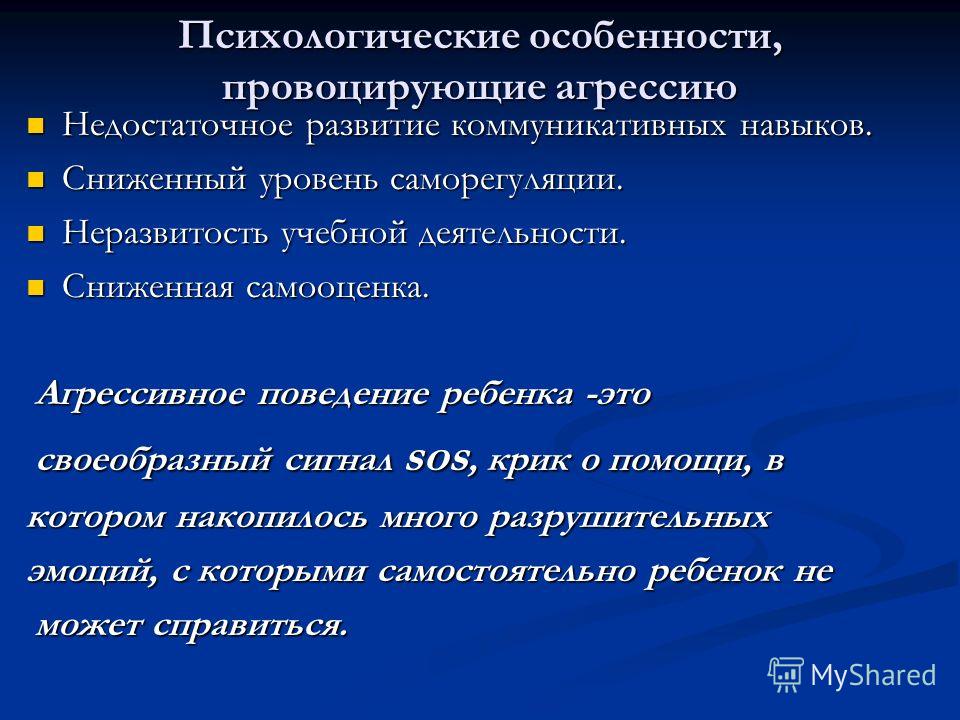
Six areas of corrective work Trainings with teachers to remove the factors that provoke aggressive behavior in children. Trainings with teachers to remove the factors that provoke aggressive behavior in children. Reducing the level of personal anxiety. Reducing the level of personal anxiety. Teaching a child constructive behavioral responses in a conflict situation. Teaching a child constructive behavioral responses in a conflict situation. Teaching your child techniques and ways to manage their own anger. The development of self-control. Teaching your child techniques and ways to manage their own anger. The development of self-control. Formation of adequate self-esteem. Formation of adequate self-esteem. Teaching a child to react (express) his anger in acceptable ways, safe for himself and others, as well as reacting to negative situations in general. Teaching a child to react (express) his anger in acceptable ways, safe for himself and others, as well as reacting to negative situations in general.
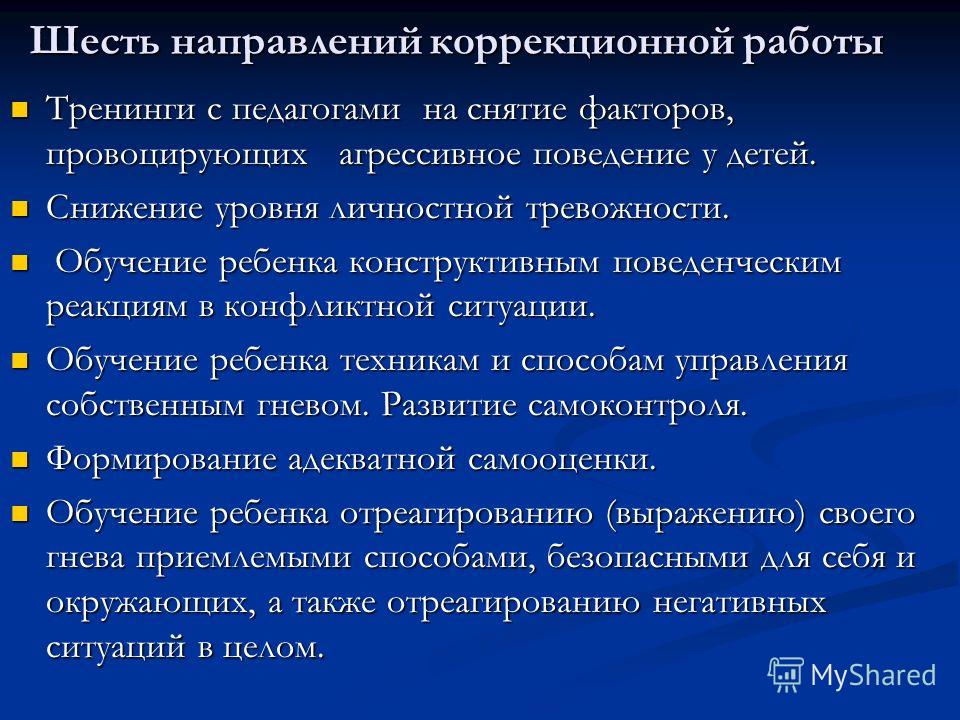
METHODS Conversations. Conversations. Role-playing games that simulate the correct behavior in various situations. Role-playing games that simulate the correct behavior in various situations. Occupational therapy. Occupational therapy. Trainings. Trainings. Orders. Orders. Methods of fairy tale therapy. Methods of fairy tale therapy. Elements of sand therapy. Elements of sand therapy. Methods stimulating social normative behavior (encouragement, punishment). Methods stimulating social normative behavior (encouragement, punishment).
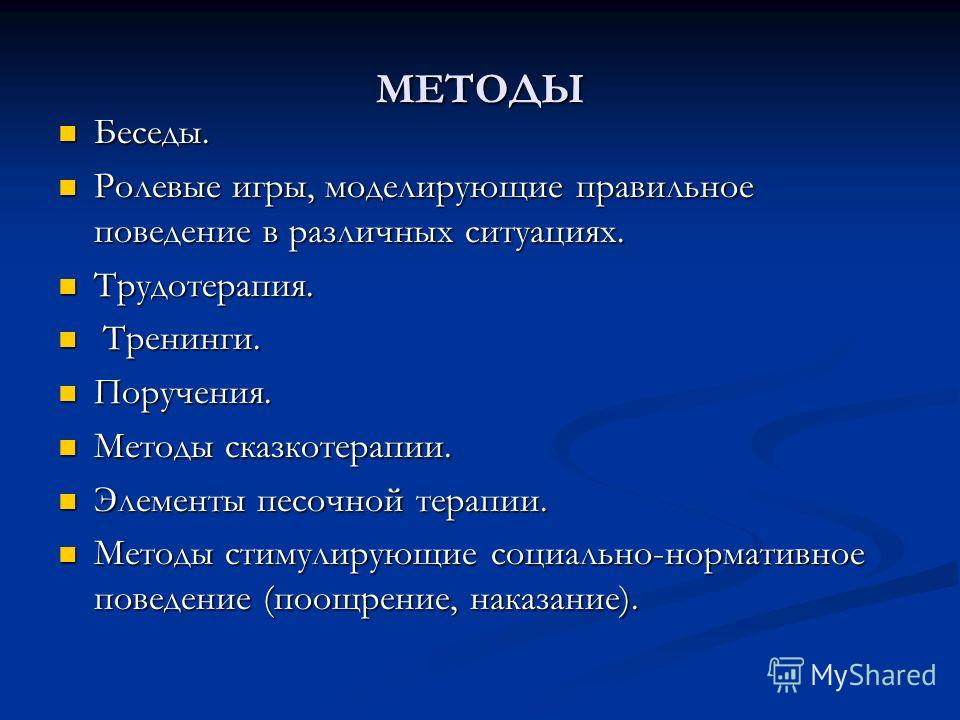
Establishment of humane relations in the learning process. Establishment of humane relations in the learning process. Manage the learning and all school life of children from the position of their interests. Manage the learning and all school life of children from the position of their interests. To constantly show faith in the possibilities and prospects of each student. To constantly show faith in the possibilities and prospects of each student. Collaborate with the student while learning. Collaborate with the student while learning. Be ethical towards students and respect and uphold their dignity. Be ethical towards students and respect and uphold their dignity. What does a teacher need for psychological readiness for a lesson?
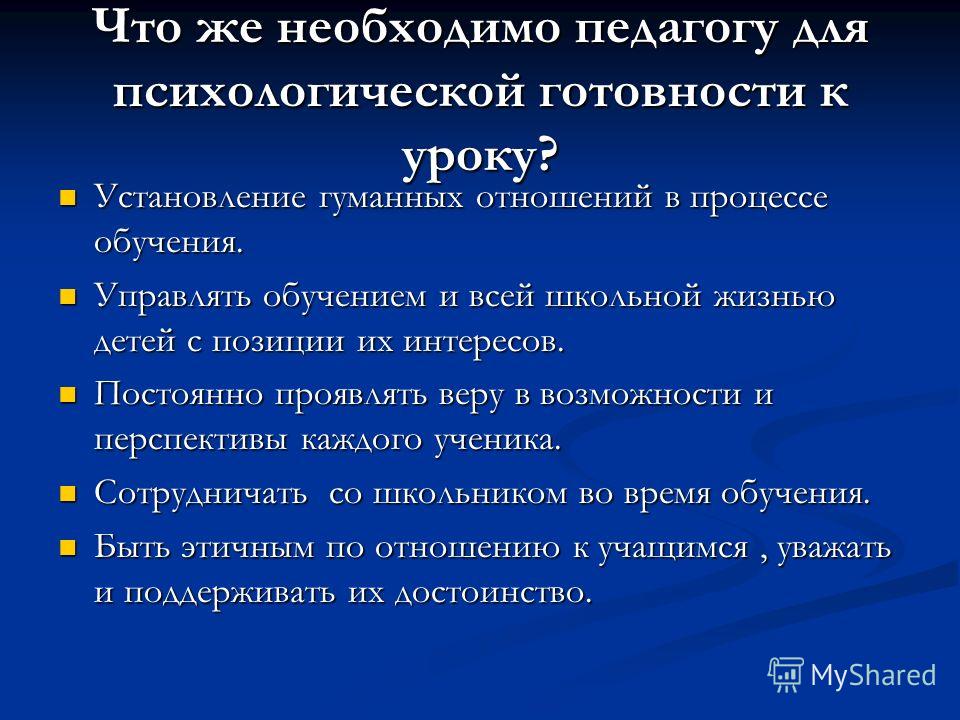
METHODS FOR PROTECTING YOUR CHILD FROM THE LABEL "Lawyer" or "Teacher, protect the child from yourself." "Lawyer" or "Teacher, protect the child from yourself." "Why - why?" or "Digging for the Truth." "Why - why?" or "Digging for the Truth." “Find mistakes in yourself” or “Stop, think!” “Find mistakes in yourself” or “Stop, think!” "Give the child a lot of chances." "Give the child a lot of chances." "cons and pros". "cons and pros".
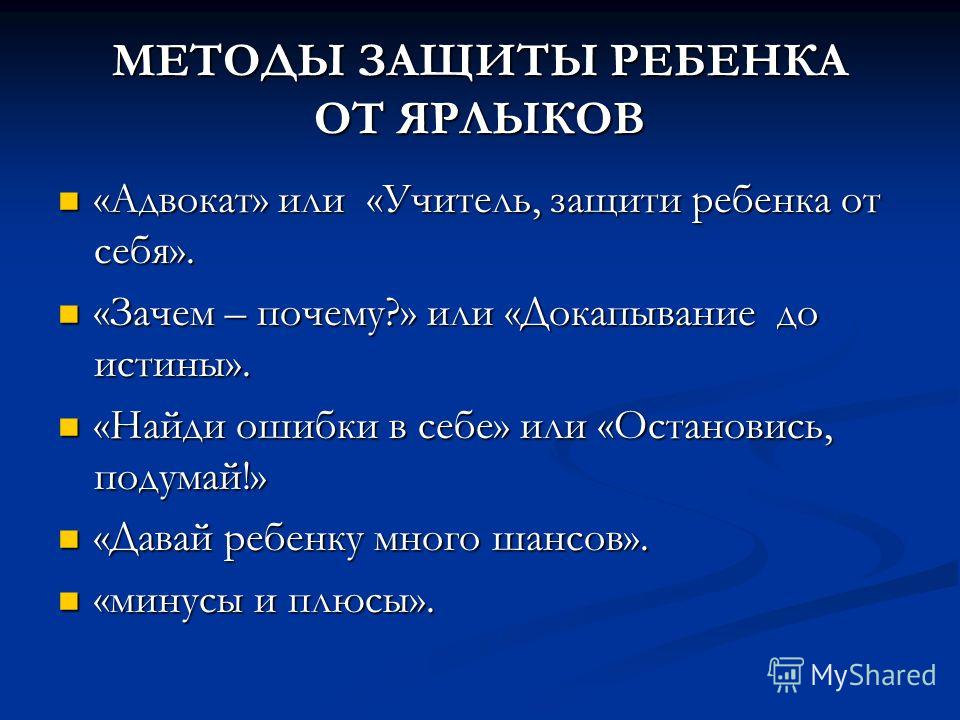
Reception "Lower your heads" Reception "Lower your heads" Telling the children the task in an undertone has its own specific meaning: the psychological situation of perception changes, it seems to become more complicated, but the sharpness of the children's auditory perception increases. auditory perception of children. The “Whispering” technique is good in that the task offered to the children for a solution is saved as long as it is for a solution, it is saved until the majority solves it. the majority won't decide. Reception "Touch" is the support and praise of the student.
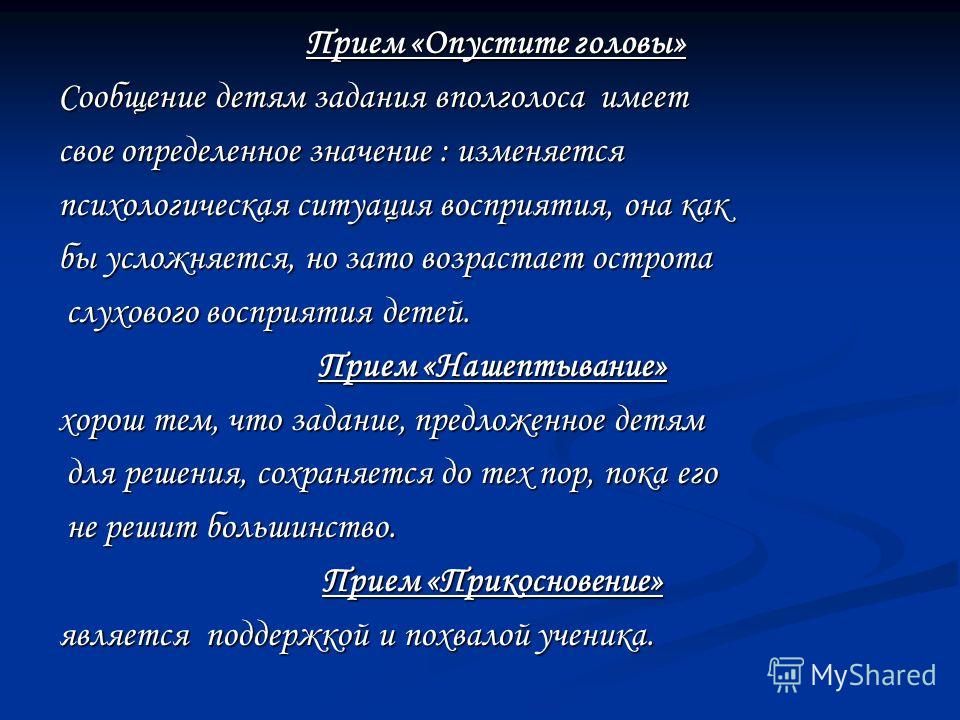
Reception "Praise" stimulates and motivates the student in the educational process. Reception "Anniversary lesson" is a holiday for which children are preparing, waiting for it. The Lesson-Gift technique brings positive emotions, teaches children to be attentive, kind, sensitive and generous. Reception "Dorisovka" helps to see all the best in the child and help him so that this best fills him to the "edges".
